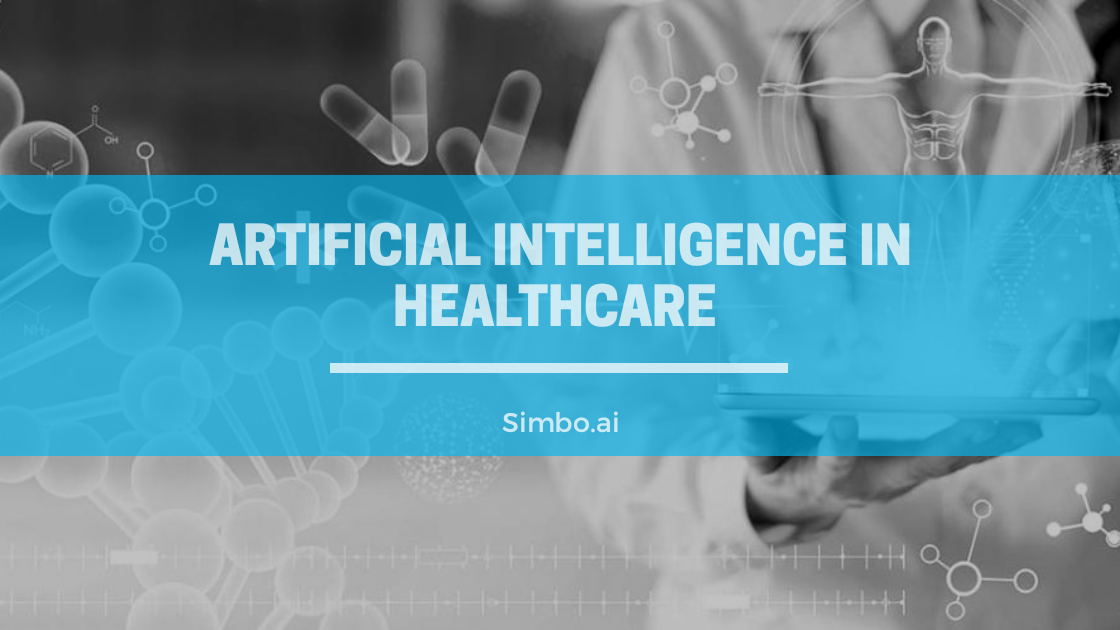
Artificial intelligence in healthcare, known also as Deep Medicine, is an overarching term used to describe the use of Machine-Learning Algorithms and software, or Artificial Intelligence (AI), to mimic human cognition in the analysis, presentation, and comprehension of complex Medical and Healthcare data. Specifically, AI is the ability of computer algorithms to approximate conclusions based solely on input data. Artificial Intelligence (AI) has transformed industries around the world and has the potential to radically alter the field of healthcare.
Artificial Intelligence (AI) technologies becoming ever-present in modern business and everyday life is also steadily being applied to healthcare. The use of Artificial Intelligence in healthcare has the potential to assist healthcare providers in many aspects of patient care and administrative processes. Most AI and healthcare technologies have strong relevance to the healthcare field, but the tactics they support can vary significantly
Machine Learning is one of the most common forms of Artificial Intelligence in healthcare. It is a broad technique at the core of many approaches to AI and healthcare technology and there are many versions of it. Using Artificial Intelligence in healthcare, the most widespread utilization of traditional Machine Learning is precision medicine.
Artificial intelligence in healthcare that uses deep learning is also used for speech recognition in the form of Natural Language Processing (NLP). A common use of Artificial Intelligence in healthcare involves Natural Language Processing (NLP) applications that can understand and classify clinical documentation. Natural Language Processing (NLP) systems can analyze unstructured clinical notes on patients, giving incredible insight into understanding quality, improving methods, and better results for patients.
There are several administrative applications for Artificial Intelligence in healthcare. The use of Artificial Intelligence in hospital settings is somewhat less game-changing in this area as compared to patient care. But Artificial Intelligence in hospital administrative areas can provide substantial efficiencies. AI in healthcare can be used for a variety of applications, including claims processing, clinical documentation, revenue cycle management, and medical records management.
Expert systems based on variations of rules were the prevalent technology for AI in healthcare in the earlier decades. The use of Artificial Intelligence in healthcare is widely used for clinical decision support to this day. Currently, many Electronic Health Record (EHR) Systems make available a set of rules with their software offerings. Expert systems usually entail human experts and engineers to build an extensive series of rules in a certain knowledge area. They function well up to a point and are easy to follow and process.
AI offers several advantages over traditional analytics and clinical decision-making techniques. Learning Algorithms can become more precise and accurate as they interact with training data, allowing humans to gain unprecedented insights into diagnostics, care processes, treatment variability, and patient outcomes.
The greatest challenge to AI in healthcare is not whether the technologies will be capable enough to be useful, but rather ensuring their adoption in daily clinical practice. In time, clinicians may migrate toward tasks that require unique skills, tasks that require the highest level of cognitive function.

Hey There. I found your blog using msn. This is an extremely well written article.
I will be sure to bookmark it and return to read more of your useful information. Thanks for the post.
I will certainly return.